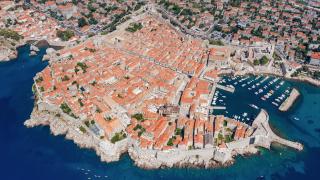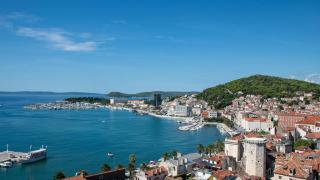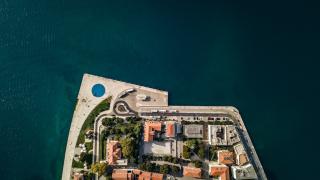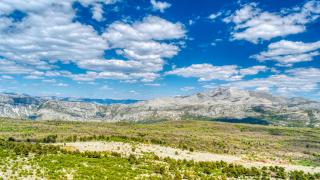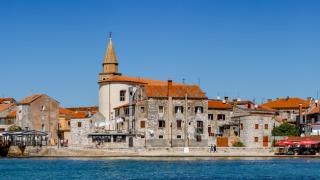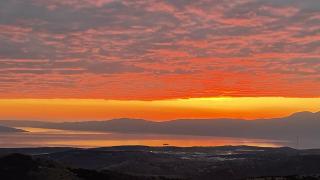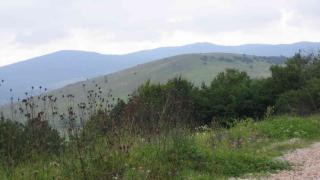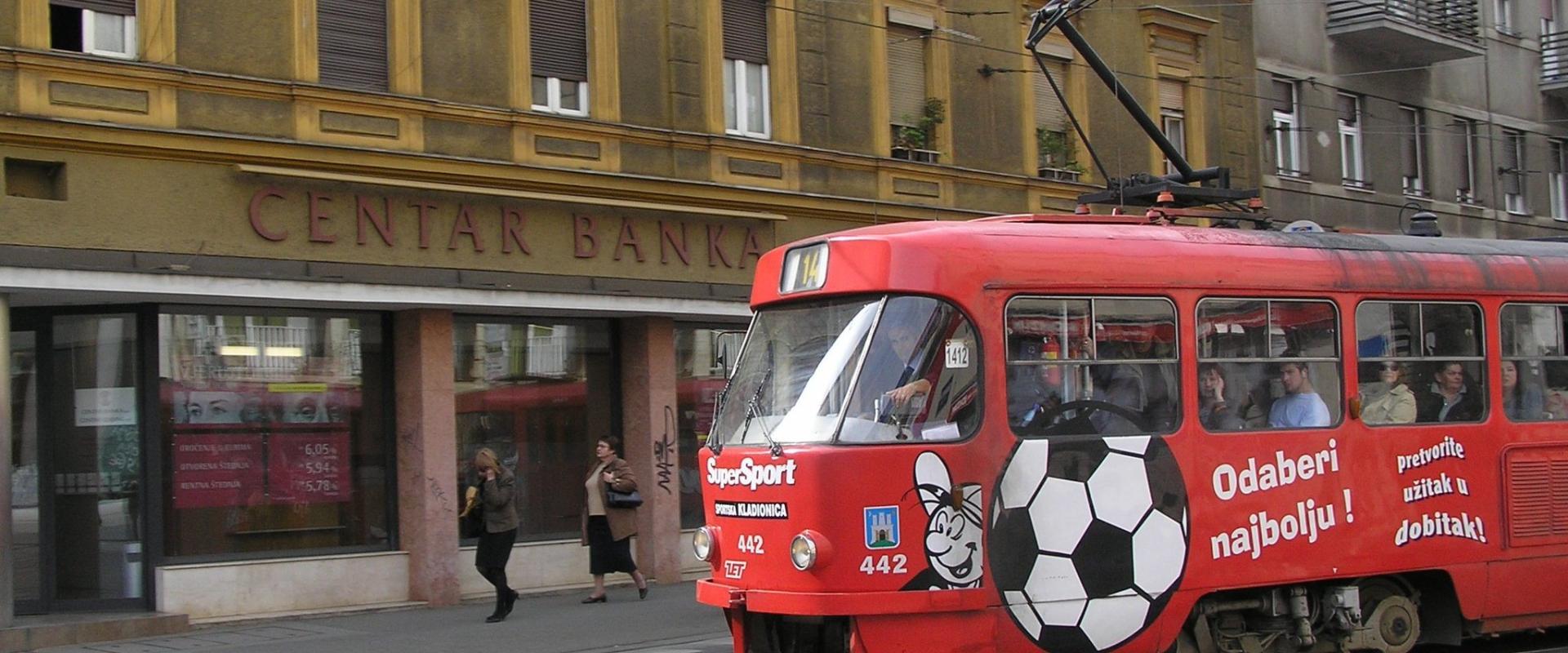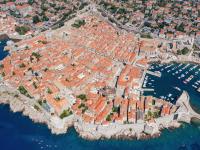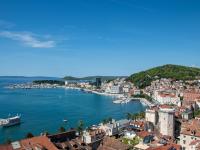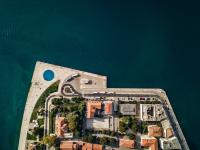Introduction
Croatia's rail network spans approximately 2,617 kilometers and is operated primarily by Hrvatske Željeznice (HŽ), the national railway company. The network provides both domestic and international connections, with service types including:
- InterCity (IC) trains connecting major cities
- Regional trains serving local routes
- International services to neighboring countries
The main rail corridor runs from Zagreb to Split, with regular daily connections. However, train coverage along the Dalmatian coast is limited, with buses and ferries serving as primary transport options in these areas.
HŽ operates around 750 trains daily, offering first and second-class carriages. Most domestic routes do not require advance reservations, except for overnight services. Train speeds average 60-120 km/h, depending on track conditions and route.
Ticket prices are generally affordable, with Zagreb-Split fares starting from €30 for second class. The network primarily serves continental Croatia, connecting major urban centers and transport hubs.
Network Coverage
The Croatian rail network primarily connects major inland cities, with the main hub centered in Zagreb. Key routes include:
Main Lines:
- Zagreb-Split (6 hours, 4-5 daily services)
- Zagreb-Osijek (4 hours, hourly service)
- Zagreb-Rijeka (3.5 hours, 3 daily services)
- Zagreb-Vinkovci (4 hours, frequent connections)
International Connections:
- Zagreb-Budapest (6 hours, 2 daily services)
- Zagreb-Vienna (6.5 hours, daily service)
- Zagreb-Munich (8 hours, overnight service)
- Zagreb-Ljubljana (2.5 hours, 3 daily services)
Limited Service Areas:
- Dalmatian Coast (minimal rail coverage south of Split)
- Istrian Peninsula (no direct rail connections)
- Islands (no rail service available)
Service Frequency:
- Peak hours: Every 30-60 minutes on main routes
- Off-peak: 2-3 services daily on secondary routes
- Seasonal variations with increased summer services
Major Railway Hubs:
- Zagreb Main Station (connects all major domestic and international routes)
- Split Station (terminus for coastal services)
- Vinkovci Station (eastern hub for Hungarian and Serbian connections)
- Rijeka Station (important northern port connection)
Ticket Options
Croatian rail offers several ticket types to suit different travel needs:
Standard Tickets:
- One-way tickets (valid for one day)
- Return tickets (valid for one month)
- Group tickets (10% discount for 6+ passengers)
- Senior discounts (50% off for 60+ years)
- Student discounts (30% off with valid ID)
Booking Methods:
- Online through HŽ website (www.hzpp.hr)
- Mobile app 'HŽPP Karte'
- Station ticket offices
- On-board purchases (surcharge applies)
Rail Passes:
- Croatia Rail Pass (3, 4, or 8 days within 1 month)
- Eurail Global Pass coverage (limited value due to affordable point-to-point tickets)
- InterRail Pass acceptance on all domestic routes
Pricing Structure:
- Based on distance traveled
- First and second class options available
- Zagreb-Split from 29€ (second class)
- Zagreb-Osijek from 15€ (second class)
Reservation Requirements:
- Mandatory for night trains
- Required for international routes
- Optional for domestic day services
- Seat reservation fee: 1-3€
Advance booking recommended during peak season (June-September)
Service Classes
Croatian trains offer two main service classes with distinct comfort levels and amenities:
First Class:
- Wider, more comfortable seats with extra legroom
- 2+1 seating configuration
- Individual reading lights
- Power outlets at seats
- Complimentary newspapers on select routes
- Priority boarding
- Dedicated luggage space
- Approximately 50% higher fare than second class
Second Class:
- Standard 2+2 seating configuration
- Basic comfortable seating
- Shared overhead luggage racks
- Limited power outlets
General Amenities (All Classes):
- Air conditioning on InterCity trains
- Restroom facilities
- Free WiFi on select routes
- Bicycle transport allowed (with supplement)
- Maximum 2 pieces of luggage per passenger
Special Services:
- Dining cars available on long-distance routes (Zagreb-Split)
- Sleeper cars on overnight services
- Designated quiet zones in first class
- Priority seating for elderly and disabled passengers
Practical Information
Most Croatian train stations offer essential facilities and services for travelers:
Station Facilities:
- Ticket offices open 30 minutes before first departure until last train
- Digital display boards showing real-time departure/arrival information
- Waiting areas with seating
- Luggage storage facilities at major stations (Zagreb, Split, Rijeka)
- Public restrooms (small fee required)
Timetable Information:
- Online timetables available through HŽ website and mobile app
- Seasonal schedule changes (summer/winter)
- Peak travel times: 6:00-9:00 and 16:00-19:00 on weekdays
- Reduced weekend services with approximately 40% fewer trains
Service Patterns:
- Average delay time: 10-15 minutes on regional routes
- Weather-related disruptions common during winter months
- Real-time updates available via HŽ mobile app
Accessibility Features:
- Wheelchair ramps at major stations
- Designated spaces for wheelchair users on modern trains
- Assistance available with 24-hour advance notice
- Guide dogs permitted on all services
Safety Information:
- Emergency intercoms in every carriage
- Security staff present at major stations
- CCTV monitoring on newer trains
- Keep valuables secure and visible at all times
- Platform markings indicate safe waiting areas
Conclusion
Croatian train services offer a reliable and cost-effective transport option, particularly for inland routes. Service reliability averages 85% on-time performance for main intercity routes. Peak travel times between 7-9 AM and 4-6 PM typically see the highest passenger volumes.
Best practices for train travel:
- Book tickets 1-2 days in advance for popular routes
- Arrive 20 minutes before departure for international trains
- Download the HŽ mobile app for real-time updates
- Choose first class for journeys over 3 hours
Alternative considerations:
- Buses offer more frequent coastal connections
- Car rental may be preferable for reaching remote destinations
- Ferry services complement train routes along the coast
Final recommendations:
- Use trains for Zagreb-centered travel
- Consider multi-modal transport combinations
- Check seasonal timetables as service frequency varies
- Keep flexible travel plans during off-peak seasons
